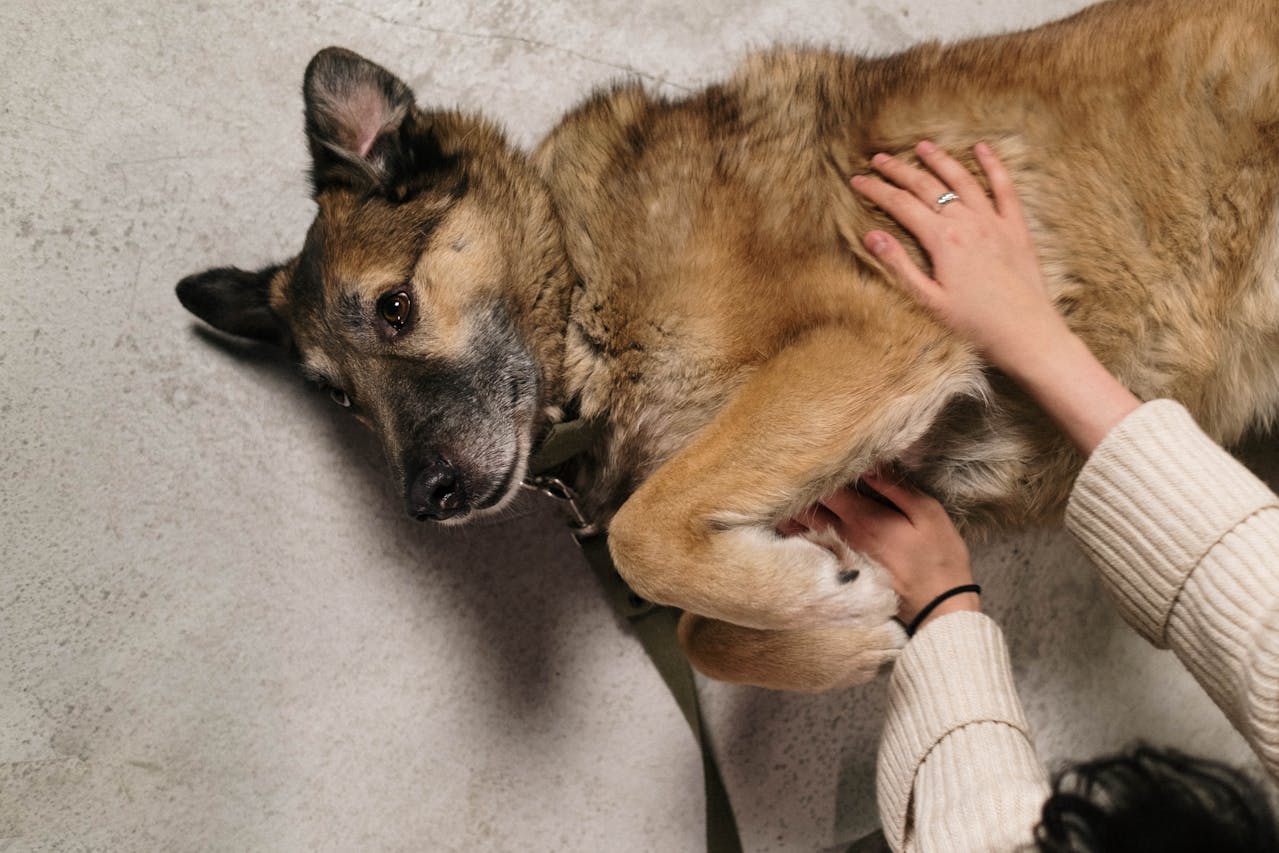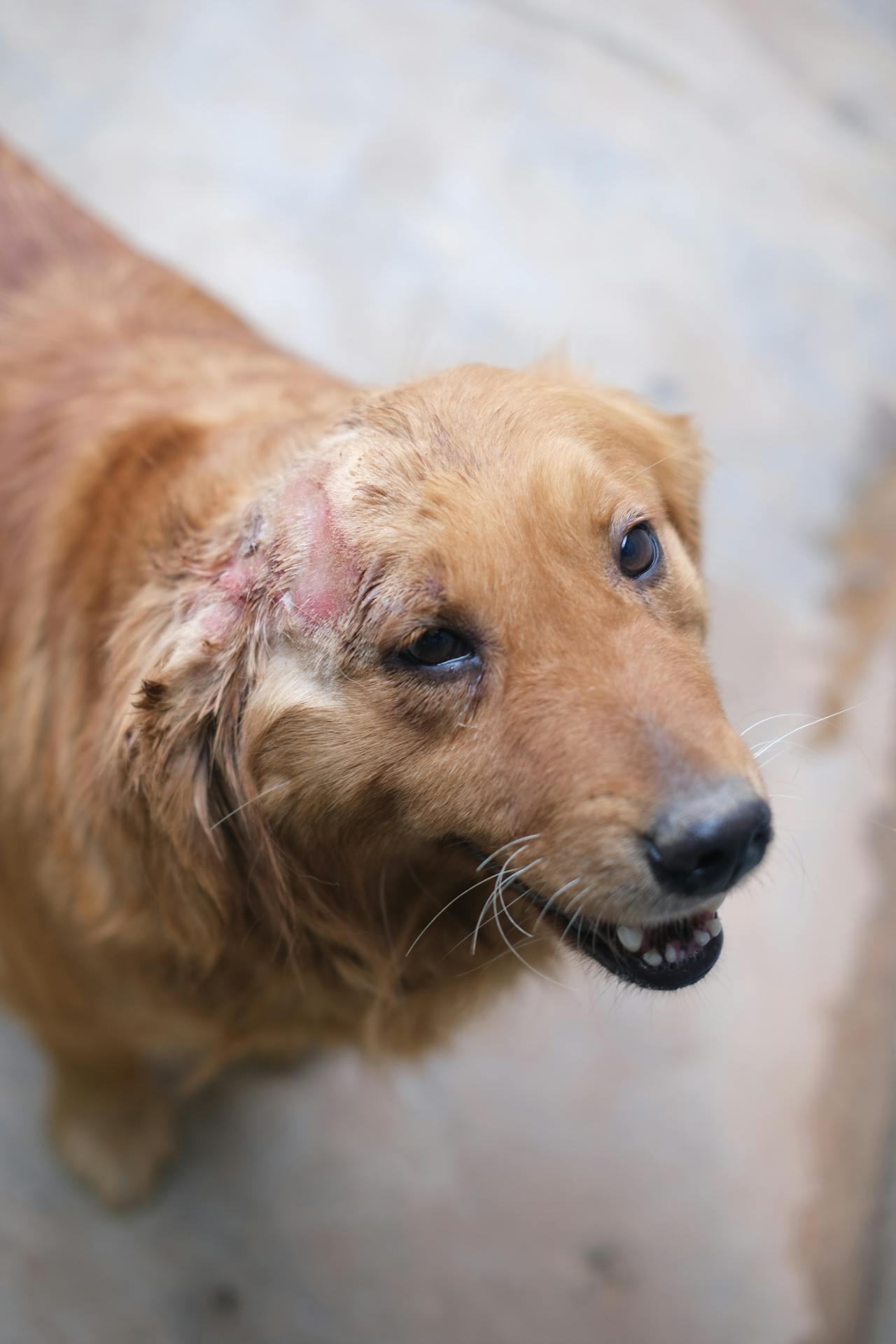Cancer Treatment for Dogs: A New Hope

For a long time, treatment options for dogs with cancer were quite limited compared to what humans have access to. But there's good news—things are changing.
Palladia, an oral medication developed by Zoetis, is the first FDA-approved cancer therapy designed specifically for dogs. It's a game-changer for treating mast cell tumors, one of the most common types of cancer in dogs.
What Is Palladia and How Does It Work?
Palladia is a prescription medication used to treat grade II or III recurrent mast cell tumors. These tumors, often seen as lumps on the skin, can sometimes spread to other parts of the body, including the lymph nodes. If left untreated, they can become life-threatening.
Here's how Palladia works:
-
It targets key receptors in the growth of blood vessels that feed tumors.
-
It also blocks receptors essential for the tumor's survival.
In a clinical study led by Dr. Cheryl London, a veterinary oncologist at The Ohio State University College of Veterinary Medicine, around 60% of dogs treated with Palladia saw their tumors shrink, stop growing, or even disappear. Beyond that, many dogs experienced an improved quality of life.
What Are Mast Cell Tumors?
Mast cell tumors are dogs' second most common type of tumor. They're usually classified into three grades (I, II, or III) based on severity, with grade III being the most aggressive. These tumors may appear as lumps on the skin and can sometimes spread to other parts of the body, making early detection and treatment crucial.
How Can Your Dog Receive Palladia?
If you're worried about your dog's health or have noticed unusual lumps, it's essential to talk to your veterinarian. They can evaluate your dog's condition and discuss whether Palladia is suitable.
If your dog is a candidate for this therapy, your vet may refer you to a veterinary oncologist or specialist. Palladia can be administered at the clinic or at home, depending on your vet's guidance.
The Bottom Line
Cancer in dogs is a tough battle, but advancements like Palladia offer new hope. By working closely with your veterinarian, you can explore treatment options that may improve your dog's health and quality of life.
Your furry friend deserves the best care possible, and innovations like this bring us closer to making that a reality.
Get insurance plans with wide-ranging coverage options













